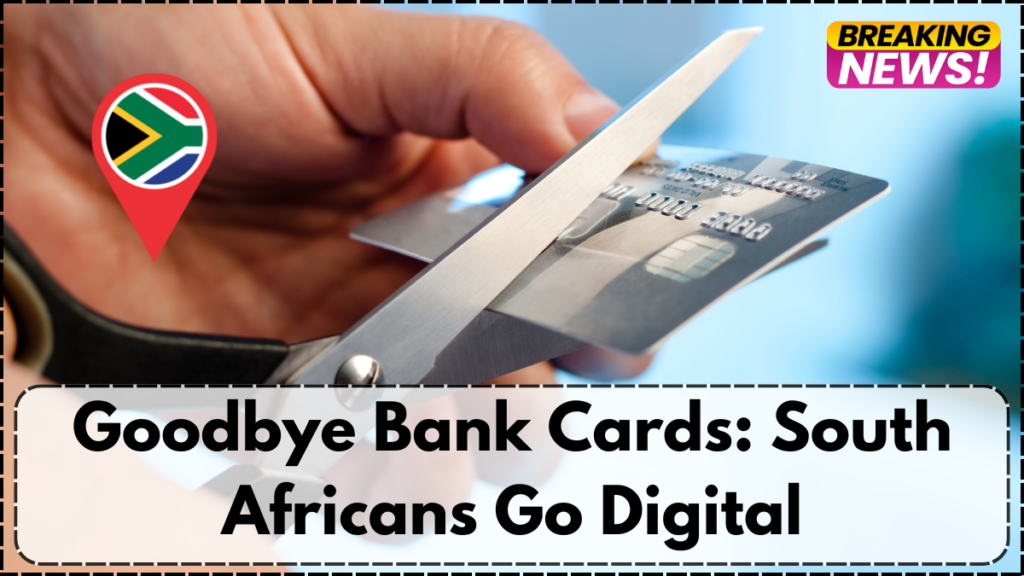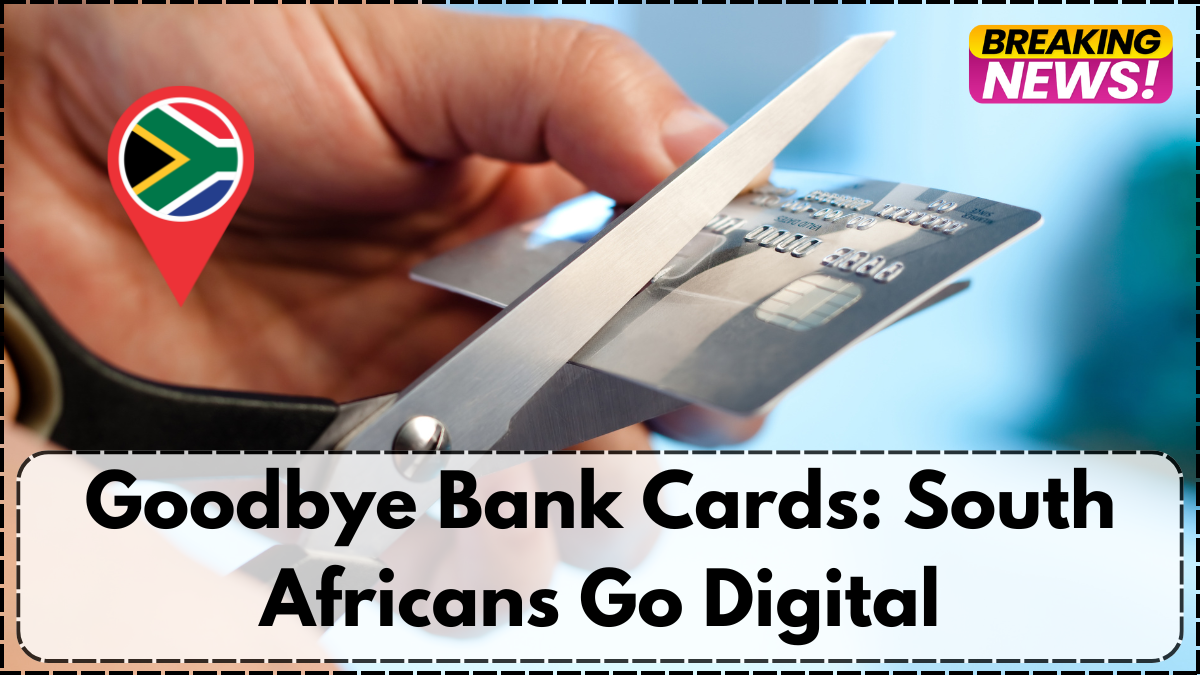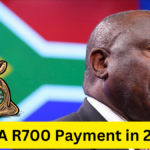The digital payment space in South Africa is undergoing a rapid transformation. In 2025, more consumers are choosing digital wallets over traditional payment methods, marking a clear shift toward contactless, mobile-based transactions. The widespread use of smartphones and the improved accessibility of near-field communication (NFC) technology are key drivers behind this shift.

What Are Digital Wallets and How Do They Work?
A digital wallet is a mobile application that allows users to securely store their card information on an NFC-enabled device—typically a smartphone or smartwatch. These wallets enable users to make payments by tapping or holding their device near a contactless-enabled point-of-sale (POS) terminal. This method of payment is not only fast but also minimizes physical contact, enhancing convenience and hygiene.
The process uses tokenisation and encryption, adding an extra layer of security. Each transaction is authenticated through biometrics such as fingerprints or facial recognition, or through secure PINs or passwords.
Key Players in South Africa’s Digital Wallet Ecosystem
There are four major tap-to-pay digital wallets in South Africa:
- Apple Wallet
- Google Wallet
- Samsung Wallet
- Garmin Wallet
These services are supported by eight of the country’s leading banks:
- Absa
- Capitec
- Discovery Bank
- FNB
- Nedbank
- RMB
- Standard Bank
- Investec
Digital Wallet Usage Stats for 2025
The table below summarises the digital wallet growth reported by several top South African banks:
| Bank | Year-on-Year Growth (Transaction Value) | Year-on-Year Growth (Transaction Volume) | Most Used Wallet | % of Cards Loaded to Wallets (2024) |
|---|---|---|---|---|
| Standard Bank | +57% | +54% | Apple Wallet | 16% |
| Capitec | +238% | +225% | Not Specified | Not Specified |
| Absa | +75% | +20% | Not Specified | Not Specified |
| Nedbank | Significant (Exact figures not stated) | Significant | Not Specified | Not Specified |
Security: A Key Advantage Over Traditional Cards
Security remains a major selling point for digital wallets. Unlike chip-and-PIN or magnetic stripe cards that often require handing over the physical card, digital wallets minimize exposure to fraud. Each transaction uses tokenisation—replacing card details with a one-time-use code—and must be approved via a secure method like biometrics or a passcode.
Even though physical tap-to-pay cards are already considered safer than chip-and-PIN or swipe payments, banks typically restrict customization of tap limits. In contrast, digital wallets allow full device-level security controls, reducing unauthorized use.
Virtual Cards: The New Companion to Digital Wallets
Another significant development in 2025 is the rise of virtual cards. Initially launched to enhance the safety of online shopping, virtual cards are now being integrated into mobile wallets for contactless in-store payments. These cards are not always tied to a physical counterpart, offering more flexibility and security for users.
Some banks offer virtual cards directly linked to users’ accounts, enabling spending without the need for a physical card at all. This evolution complements the move toward a fully digital banking experience.
User Preference: Apple Wallet Leads the Pack
Among all digital wallet platforms, Apple Wallet has emerged as the preferred option. Standard Bank reported that Apple Wallet accounted for a staggering 83% of its digital wallet transactions in 2024. This trend likely reflects the strong market presence of iPhones among South African consumers.
The Convenience Factor Driving Adoption
Digital wallets aren’t just about security—they offer unmatched convenience. Instead of carrying multiple cards, users only need their smartphone or smartwatch to complete a transaction. This is particularly useful in urban environments where speed and simplicity matter.
Conclusion: Digital Payments Are the New Normal
As South Africa moves deeper into 2025, digital wallets are no longer a niche offering—they’re becoming the standard. Driven by strong security, convenience, and growing support from major banks and tech platforms, mobile payments are reshaping how consumers interact with money.
Virtual cards and advanced wallet features are expected to fuel even more growth in the coming months. For banks and fintech companies, the focus now is on expanding integration, user education, and digital infrastructure to support this momentum.
FAQs About Digital Wallets in South Africa
What are the most popular digital wallets in South Africa?
Apple Wallet, Google Wallet, Samsung Wallet, and Garmin Wallet are the top platforms.
Are digital wallets safe to use?
Yes. They use tokenisation, encryption, and biometric verification, making them more secure than physical cards.
Can I use a digital wallet without a physical card?
Yes. Many banks offer virtual cards that can be linked directly to your account without needing a physical card.
Which banks support digital wallets?
Absa, Capitec, Discovery Bank, FNB, Nedbank, RMB, Standard Bank, and Investec support various digital wallet platforms.
What devices can I use for digital wallet payments?
Any NFC-enabled smartphone or smartwatch that supports your wallet app can be used for tap payments.
Can I link multiple cards to my digital wallet?
Yes. Most digital wallets allow you to store and manage multiple cards.
Do I need mobile data or Wi-Fi to make a payment?
No. Tap payments using NFC generally do not require an internet connection at the time of payment.
How do I add a card to my digital wallet?
Through your wallet app, follow the prompts to scan or manually enter your card details and complete verification.
Are there fees for using a digital wallet?
Most banks and wallet providers do not charge extra fees for using digital wallets.
What should I do if my phone is lost or stolen?
You can remotely lock or erase your device. Wallet access requires authentication, so unauthorized use is difficult.
For More Information Click Here
Pari is a passionate writer known for captivating stories that blend imagination and reality. Inspired by travel, history, and everyday moments, Pari crafts narratives that resonate deeply with readers.




